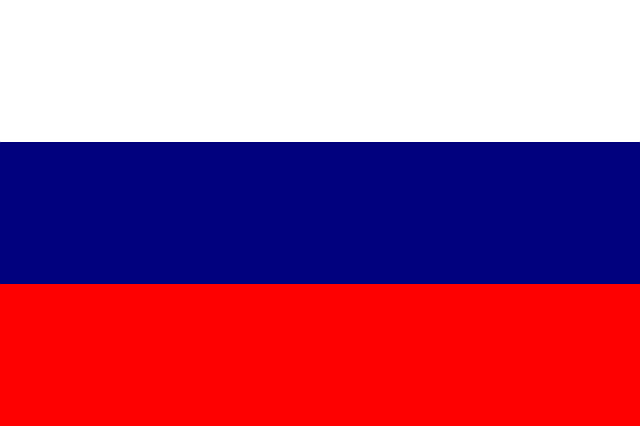German Immigration Overview
EU nationals/EEA nationals/Swiss nationals:
EU nationals are entitled to freedom of movement, having unrestricted access to the German labour market. Nationals of the European Economic Area (EEA: these are the Member States of the EU plus Iceland, Liechtenstein and Norway) have equal status to EU citizens being entitled to unrestricted freedom of movement. Nationals of Switzerland and their family members also enjoy freedom of movement within the EU. In Germany, however, they must apply for a special, purely declaratory, residence permit for Swiss nationals (section 28 of the Residence Act).
Non-EU nationals:
Non-EU nationals require a work permit/national work visa, in order to be legally entitled to work in the country.
Entering Germany:
If you, due to your nationality, require an entrance visa, then you must consult with the diplomatic missions of Germany prior to entry. There you can apply for a visa with the necessary documents and indicate your intended purpose of stay.
Exceptions from the visa requirement apply to nationals from Australia, Israel, Japan, Canada, the Republic of Korea, New Zealand and the United States of America. It is essential you enter Germany with the correct type of visa.
Schengen Visa:
A Schengen visa entitles the holder to an accumulated stay of up to 90 days within a period of six months and is valid within the Schengen Area. There are different types of Schengen Visas such as business, tourist, medical treatments and visit visas.
National Visa (long term /work/study):
If you plan to live and work/study in Germany, you will need a German national visa. The national visa is subject to the prior approval of the responsible aliens office in Germany




















